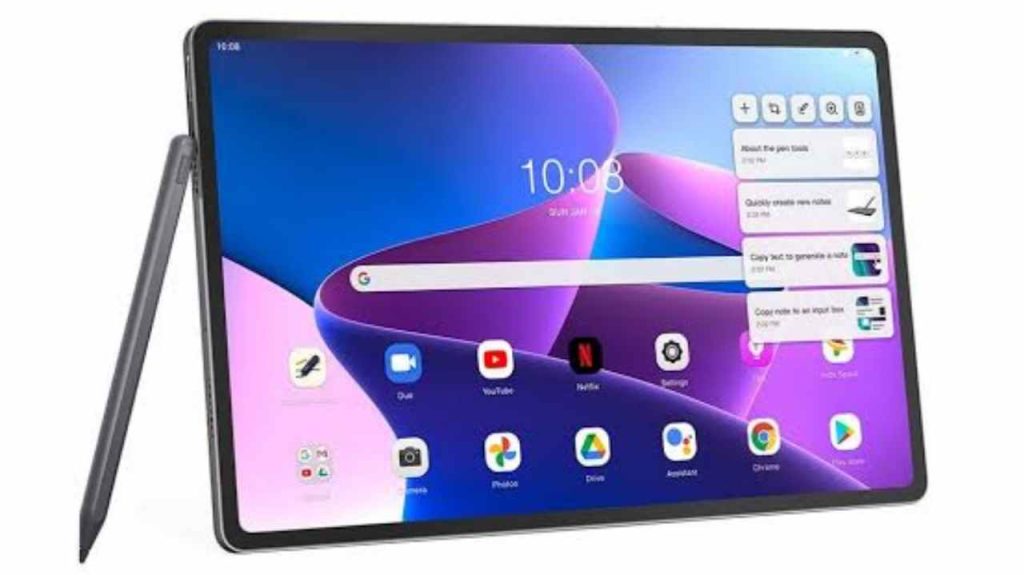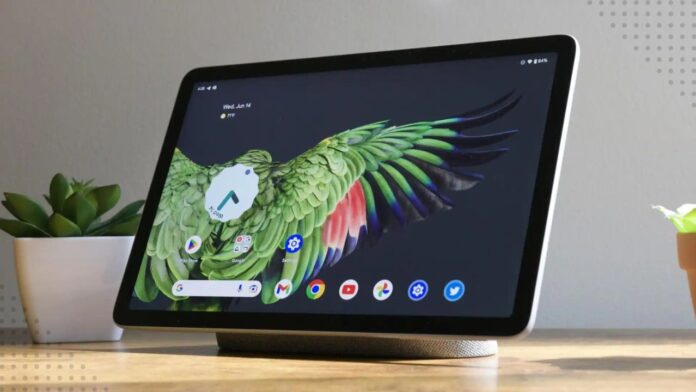In recent news, Google seems to be reevaluating its position in the competitive tablet market, with reports indicating that the Pixel Tablet 3’s development has been halted. This development raises significant questions about Google’s future in the tablet industry. For insights like this and other trending updates, visit freefast, your go-to source for the latest news.
The tech giant, which re-entered the tablet space with the Pixel Tablet, has now paused the development of its successor. This move not only suggests shifting priorities but also sparks discussions about whether Google will entirely exit the tablet market. Let’s dive deeper into this topic and explore the potential reasons behind this decision.
Related App Review
Oppo Reno 13 Series Set to Launch
turn on dark mode in Google Calendar
Government Set to Introduce App Like TrueCaller
Why Google May Exit the Tablet Market

1. Tough Competition in the Market
The tablet industry is dominated by players like Apple and Samsung, with the iPad leading as the gold standard. Competing against these well-established brands requires consistent innovation and significant investment. Despite its unique features, the Pixel Tablet struggled to carve out a distinct identity.
2. Shifting Focus Toward Software and Services
Google has always excelled in software development and services like Android, Chrome OS, and Google Cloud. By halting the Pixel Tablet 3, Google may be signaling a pivot toward enhancing its ecosystem rather than focusing on hardware development.
3. Low Market Share of Pixel Tablets
Reports suggest that the sales of the Pixel Tablet didn’t meet Google’s expectations. The low adoption rate, combined with high manufacturing costs, could have made the continuation of the product line unsustainable.
What Led to the Pixel Tablet 3 Halt?
1.Development Challenges
Developing a next-gen tablet involves addressing performance, design, and usability issues. Rumors indicate that Google’s engineering team faced significant hurdles, possibly leading to the decision to halt development.
2.Unfavorable Market Trends
The demand for tablets has declined post-pandemic as people increasingly rely on laptops and smartphones. Google may have realized that investing in a tablet might not yield substantial returns in such a saturated market.
3.Focus on Other Hardware
Google’s focus seems to have shifted to products like Pixel smartphones, Pixel Fold, and wearables. These devices align more closely with market trends and consumer demand, making them a better investment for the company.
Impact of Google’s Exit from the Tablet Market
1. Reduced Competition
If Google exits, the competition in the Android tablet market will lessen, leaving brands like Samsung and Lenovo to dominate.
2. Consumer Disappointment
Pixel fans who appreciated Google’s integration of hardware and software may feel let down. The Pixel Tablet offered features like Google Assistant integration and smart home controls, which are hard to replicate.
3. Focus on Strengthening Other Products
Exiting the tablet market could free up resources for Google to enhance its smartphone lineup and improve its software services.
FAQs About Google and the Tablet Market
Q1. Why did Google stop developing the Pixel Tablet 3?
A:Google likely paused the development due to low demand, tough competition, and shifting priorities toward other hardware and software initiatives.
Q2. Will Google release any new tablets in the future?
A:As of now, Google hasn’t confirmed any plans for new tablets. The halt of the Pixel Tablet 3 suggests a possible exit from the tablet market.
Q3. What made the Pixel Tablet unique?
A:The Pixel Tablet featured Google’s Tensor chip, Google Assistant integration, and a unique dockable design, making it stand out among Android tablets.
Q4. What does this mean for Android tablets?
A:With Google potentially exiting, other manufacturers may take the lead in Android tablet innovation, though the ecosystem could lose some of its competitive edge.
Q5. Where can I get updates about Google’s decisions?
A:For the latest updates on Google and other tech news, visit freefast.co.uk.

